Together with its local partner Organic Africa, tea merchant Martin Bauer Group from Middle Franconian is growing organic herbs, spices, medicinal and aromatic plants in Zimbabwe. A signalling pilot project, supported by DEG - Deutsche Investitions- und Entwicklungsgesellschaft mbH.
The air is filled with aromas such as camomile, lemon balm, peppermint and caraway. Thousands of bright red chilli peppers and hibiscus flowers lie in the sun to dry. A huge variety of organic herbs and spice plants are processed on the pilot farms of the Martin Bauer Group in Zimbabwe, southern Africa. As many as 400 permanent and 500 seasonal new jobs are thus being created.
The German company, based in Vestenbergsgreuth, Middle Franconian, is specialised in fruit and herbal teas. It has been running the project for more than three years: in cooperation with the local partner company Organic Africa, the firm is operating two pilot farms in climatically opposed regions. About 40 per cent of the land on the farms is used for growing herbs, spices, medicinal and aromatic plants. The other 60 per cent is intended for cultivating food plants and for the natural process of hydrogen fixation via micro-organisms which keeps the soil fertile.
Read more under the image gallery.
Job engine
The Martin Bauer Group's pilot farms in Zimbabwe, southern Africa, are creating up to 400 permanent and 500 seasonal jobs by growing organic herbs and spice plants.
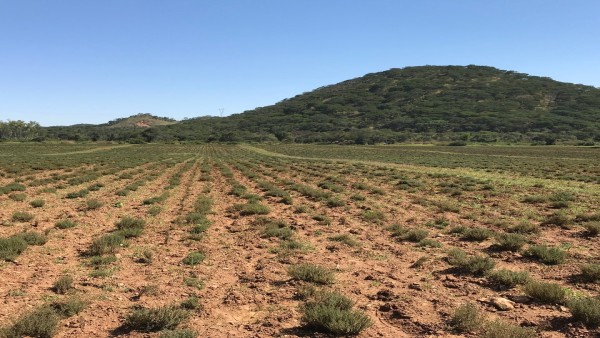
Zimbabwe has a subtropical to tropical climate with an almost rainless dry period from May to August. Farmers have to adapt to increasingly extreme weather conditions.
Test phase for the cultivation of organic plants
The plan is to produce around 300 tons of organic and Fair Trade-certified herbs, spices, medicinal and aromatic plants on the two farms. Following the pilot phase the farms are expected to be self-financing through their income from selling their harvest.
In addition to the demo farms, a comprehensive training infrastructure is being set up for ecological agriculture and wild plant gathering. In each case this consists of a training centre, a training farm and a processing facility. Here small farmers and wild plant gatherers learn how to produce, process and store high-quality herbs, medicinal and aromatic plants. As part of the project, 2,500 small farmers, 500 contract farmers, 1,000 wild plant gatherers and 400 farm labourers are receiving training. Around 70 per cent of those being trained are women.
DEG – Deutsche Investitions- und Entwicklungsgesellschaft mbH is co-financing the investment, using funds from the develoPPP programme of the German Federal Ministry for Economic Cooperation and Development (BMZ).
As climate change is making itself increasingly felt through alterations to the rainy and dry seasons, the agricultural training sessions are helping the farmers to produce climate-adapted foods for their own consumption and for the regional market. In addition, the training in herbal and spice plants ensures that the product quality meets international market requirements and that post-harvest losses are reduced.
Published on KfW Stories: Tuesday, 7 October 2019
The described project contributes to the following United Nationsʼ Sustainable Development Goals
Goal 4: Quality education
Refusing people access to education means depriving them of a basic human right – and of important development prospects for individuals and society. Education enables people to improve their political, social, cultural, and economic situations. Worldwide, 58 million children and 63 million young people still do not have access to primary and secondary schools. 90 per cent of all children with a disability never go to school. 781 million people are illiterate. 7.5 million people with functional illiteracy live in Germany alone.

All United Nations member states adopted the 2030 Agenda in 2015. At its heart is a list of 17 goals for sustainable development, known as the Sustainable Development Goals (SDGs). Our world should become a place where people are able to live in peace with each other in ways that are ecologically compatible, socially just, and economically effective.

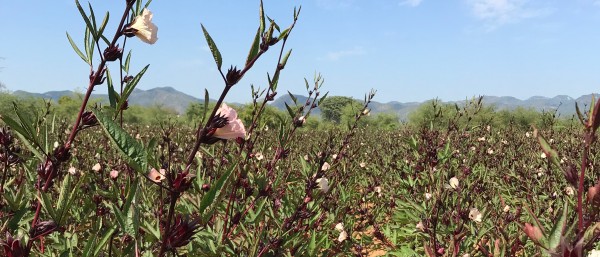
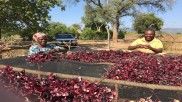
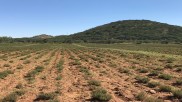
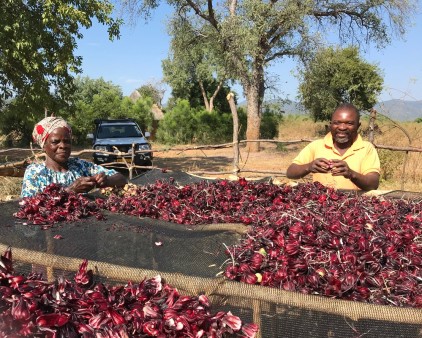
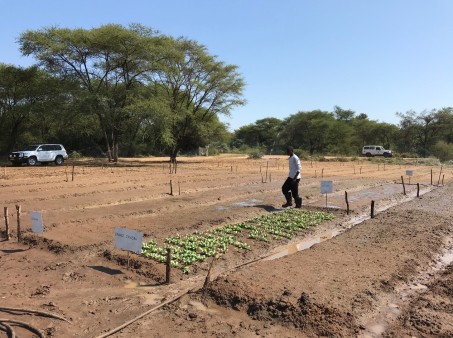
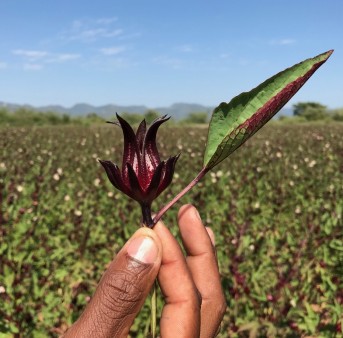
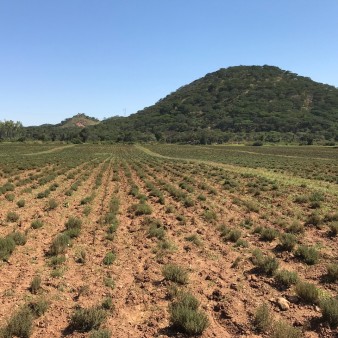
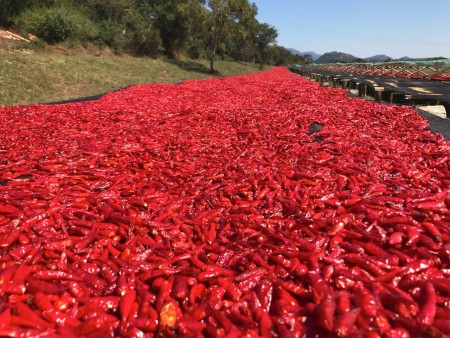





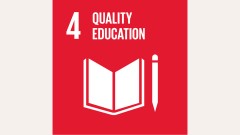
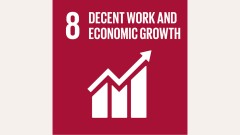
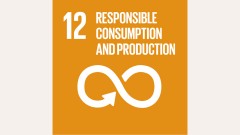
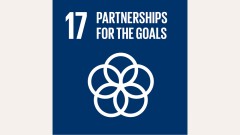
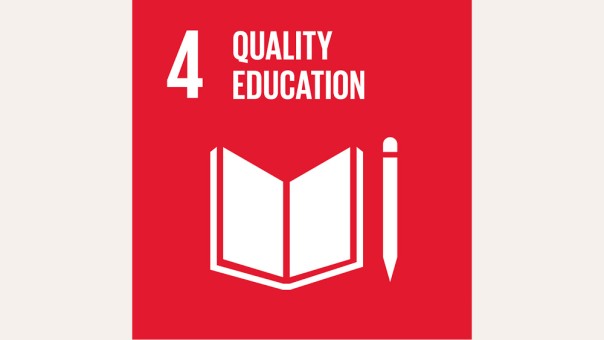
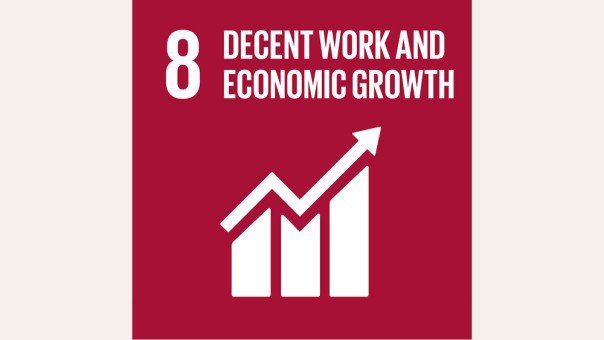
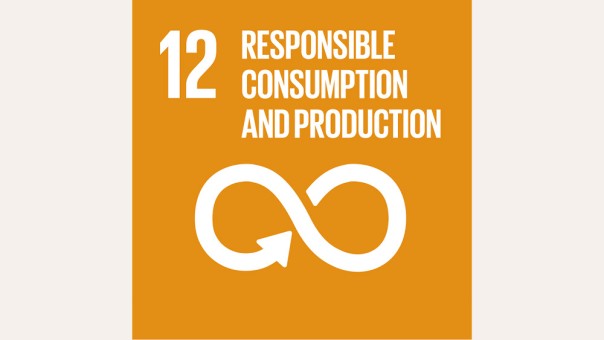
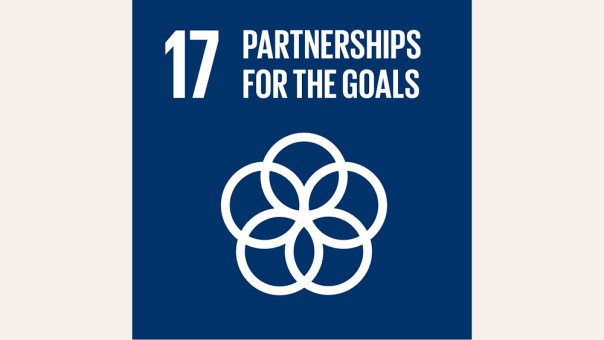
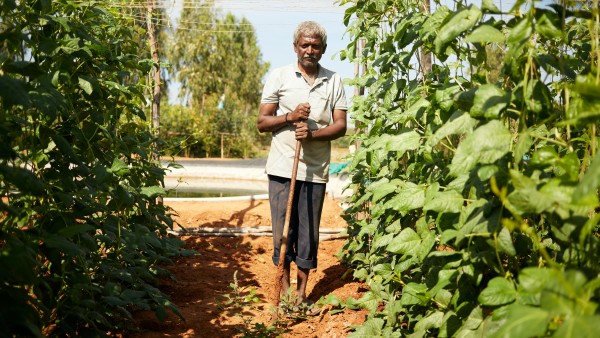
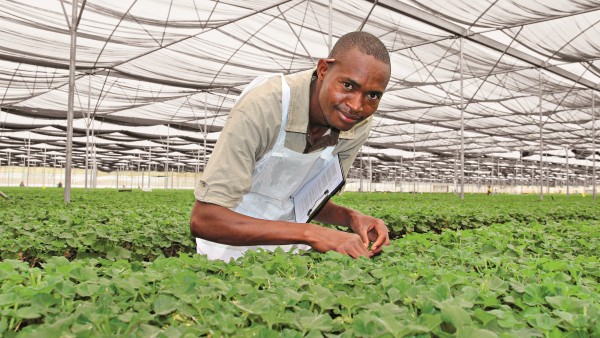

Data protection principles
If you click on one of the following icons, your data will be sent to the corresponding social network.
Privacy information